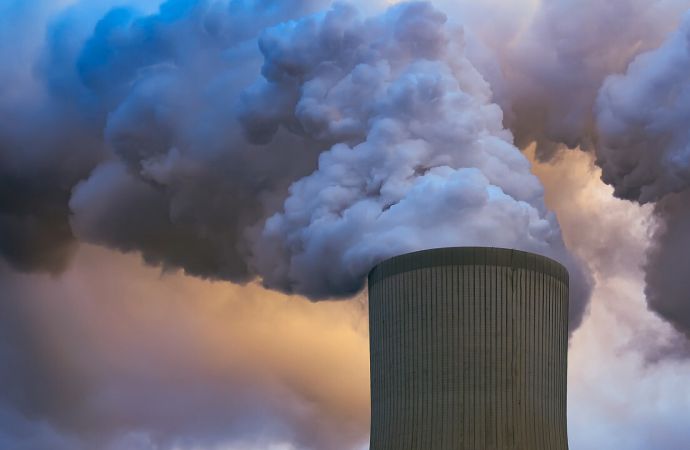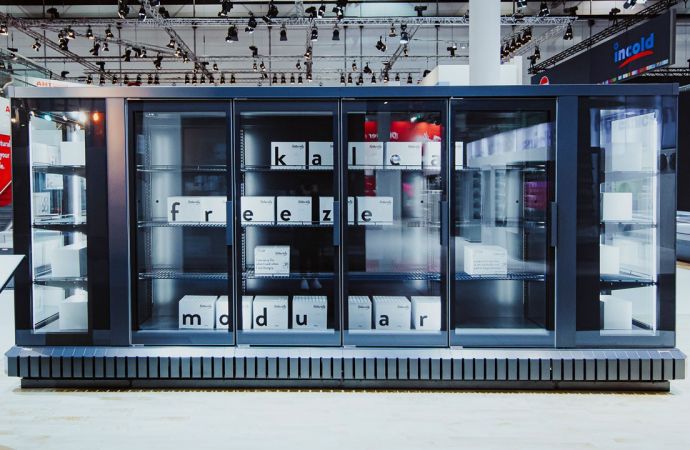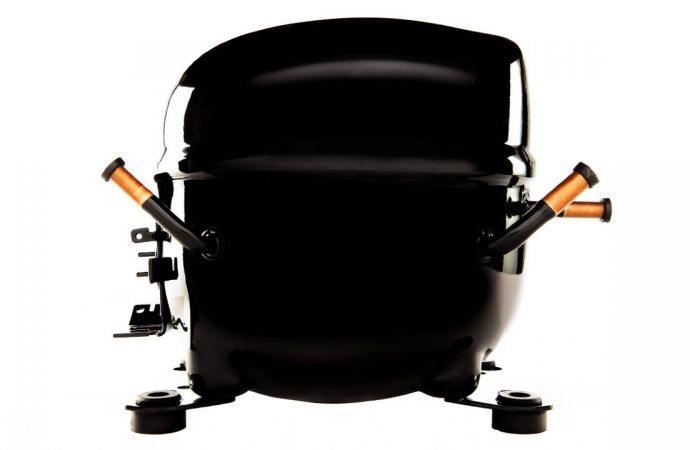Eurovent also cited the role of ecodesign measures at the Atmo/DTI conference.

© Tama66, 2019
The European Union’s (EU) F-Gas Regulation and Ecodesign Directive are vital to meeting the EU 2050 Carbon Neutral goal, according to Francesco Scuderi, Deputy Secretary General of Eurovent, a Brussels-based European trade association.
Scuderi delivered this message in his policy presentation at the ATMO/DTI Technical Conference, an online event hosted by shecco (publisher of this website) and the Danish Technology Institute, on June 23-24.
Under the terms of the Paris Agreement ratified by the European Union in 2016, the EU is committed to reducing its carbon emissions to zero by 2050, according to the European Parliament website.
Noting this goal, Scuderi emphasized that f-gas regulations and ecodesign measures are vital to reducing carbon emissions both now and in the future.
To meet the zero emissions target, “in my opinion, everything is in place,” he said. “We can get there.”
F-gas regulations and ecodesign
The EU adopted the original F-Gas Regulation in 2006; this was updated with legislation in 2014. designed to reduce emissions by two-thirds by 2030, and these keep the EU compliant with the Kigali Amendment until 2030. The European Commission is seeking feedback on a revision of the F-Gas regulation.
Over time the F-Gas Regulation limits the amount of f-gas that can be placed on the market.As of 2021, the EU will reduce f-gas quotas from 63% of the 2014 baseline to 41% of the baseline, “a huge decrease,” which will greatly limit their GWP, Scuderi noted.
As well as f-gas reduction, the EU’s new ecodesign measures will come into effect in March 2021, imposing strict energy efficiency requirements on the HVAC&R sector.
“It means that we will have more energy efficient products,” Scuderi said. “It means that we are going to reduce the energy consumption.”
“These measures, all together, can drive the strategy and play a role in order to achieve climate neutrality,” he added.
Environmental regulation and product efficiency standards do not compromise growth, Scuderi argued. “From the 90s up to 2017 we had a total reduction of CO2 emissions of […] about 50%,” he noted. “But our European Gross Domestic Product [GDP] has increased more than 20%.”
“It means that it’s possible to reduce emissions, but also at the same time, to have a climate neutral economy which will allow for a sustainable future.”
Related stories



